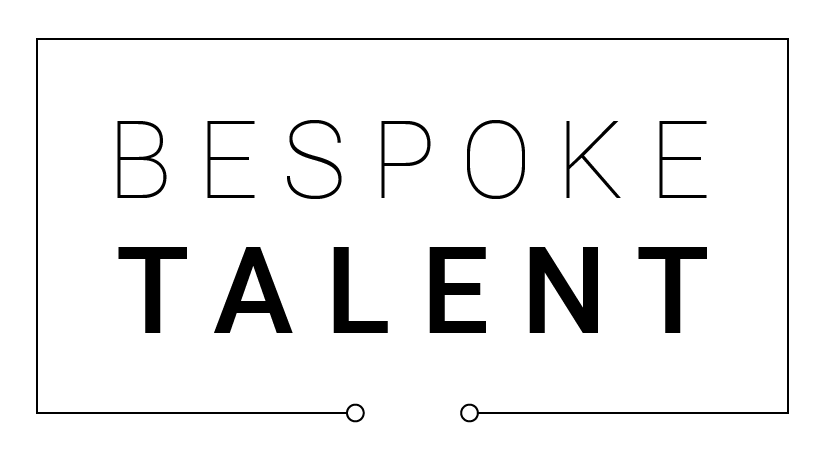Salespeople: Adapt or Die
Land and expand SaaS sales models have not only changed the general compensation upside for software sellers, but have provided clients a low cost of entry and an ability to bolt when they don’t see clear value or are being poorly serviced. Customers are dictating the extinction of hunter-farmer sales functions, yet prolific are incentive structures and resulting rep behavior that align with more archaic “land” models.
Many roles are being experimented with to alleviate the sharp teeth of the hunter including customer success and account management. Is this really the answer to have the hunter kill and the farmer maintain and grow the account base?
If it is, the traditional new deal hunter is on the path to extinction as rapid innovations in ABM, open-source and self-service come to replace them (excluding products that already have existing customer base and large annual budget allocation). For hunters – it’s time to evolve.
Before hunters can change, they must acknowledge how they are viewed by their customers. If you consider yourself a hunter representing a trailblazing (non-commodity) solution, ask yourself:
When was the last time a customer called you for advice on their approach AFTER the sale? *Exclude: pricing, support questions, contract issues or social get-togethers
Do you add value at kick-offs and QBR’s or are you there for meeting organization, duty or insurance?
If you can’t confidently assert that your customers value you and your knowledge in the ongoing relationship, don’t despair. Catch up!
Most likely, your company has trained you to land deals by focusing on the customer conversation aimed at how your solution solves their problem. Period. SPIFs and comp plans designed to drive net new logos support those conversations. Does that mean you throw the ball over to your CSM once you land your deal? Take it upon yourself to be the expert your customer always wants in the room. The ball is more in your court than you think.
To evolve your personal sales game, add more value to your customer and thus advance your career, and boost your self-esteem, try the following:
Determine if you’re representing a company with a compelling solution. Customers can tell if you truly believe in the value of your product. If you do, stick around. If not, find an opportunity that compels you.
Once you commit to what you represent, master your industry and deep dive into what drives your customers. Further, deep dive into how your customers think about their customers. There’s more to sales than the taught monologue that promotes your solution.
Be a part of the larger conversation. Contribute to thought pieces that your marketing team is working on. Publish articles. Have an opinion.
Contribute to Marketing on ABM campaigns or in social media with pieces targeted to your client base.
Stay involved in the results of the customer post-sale. More importantly, deliver on your promises.
Examine how you define and measure your success. Here’s the lazy way: Your earnings. While they certainly indicate a financial metric of success, don’t fall into the trap of having money define you.
Instead, incorporate a more sustainable, rewarding mechanism for valuing yourself. Measure your success not just based on relationships with your customers but based on the change you and your solution have made for your customer’s business. Take note of how frequently customers call you after the sale is over. Keep tabs on who seeks your insight relative to the industry you’re in. Make them want you on their team. Be the reason they come back for more.
Assuming your company incentivizes authentic customer-centric land and expand models, this shift in mindset and sales approach should, subsequently, shift your earnings in the right direction and keep you growing in this great career path for a long, long time.
